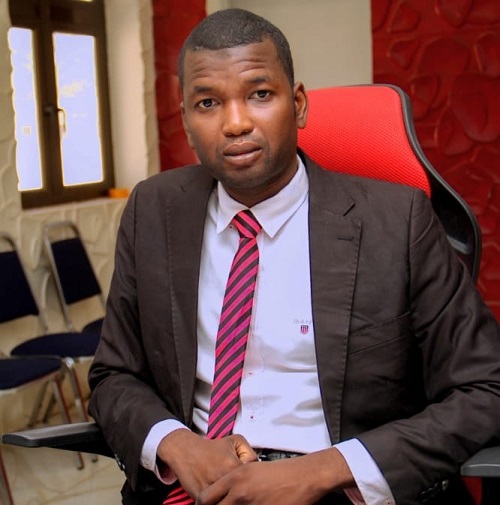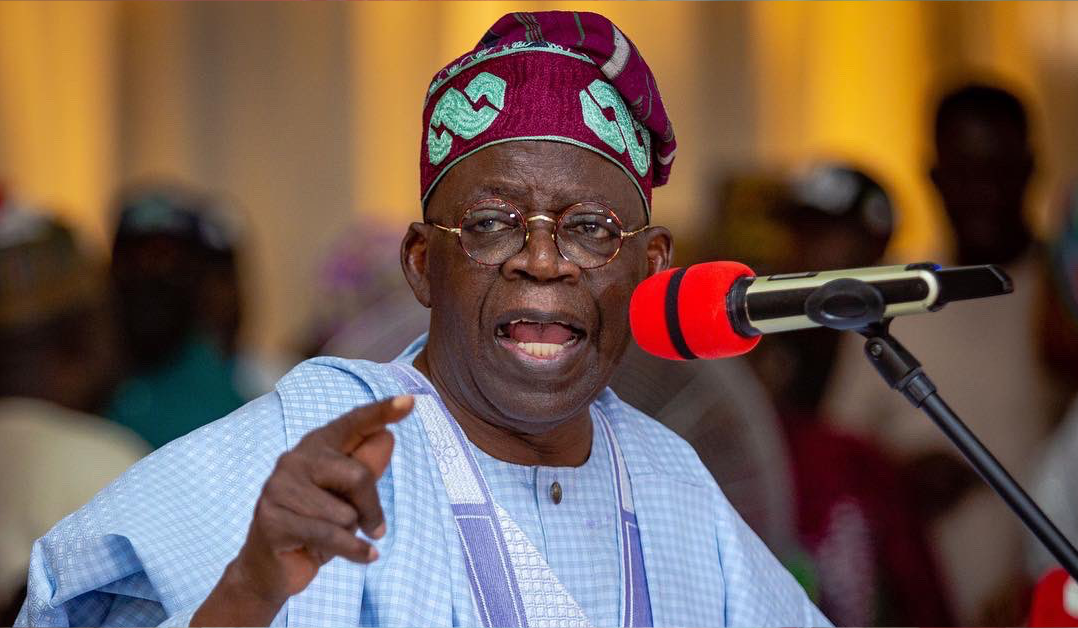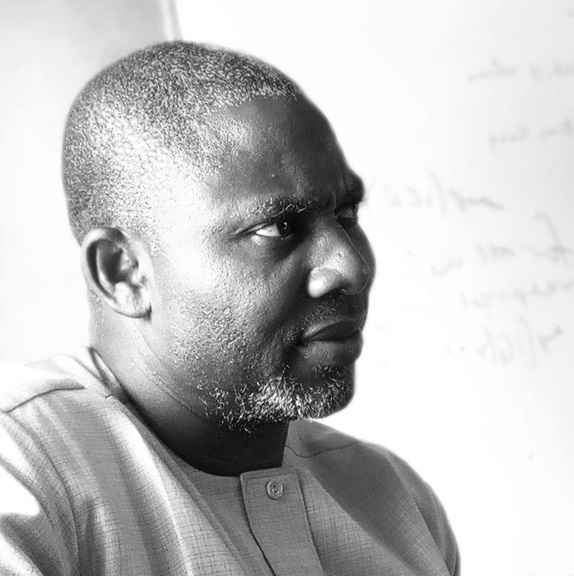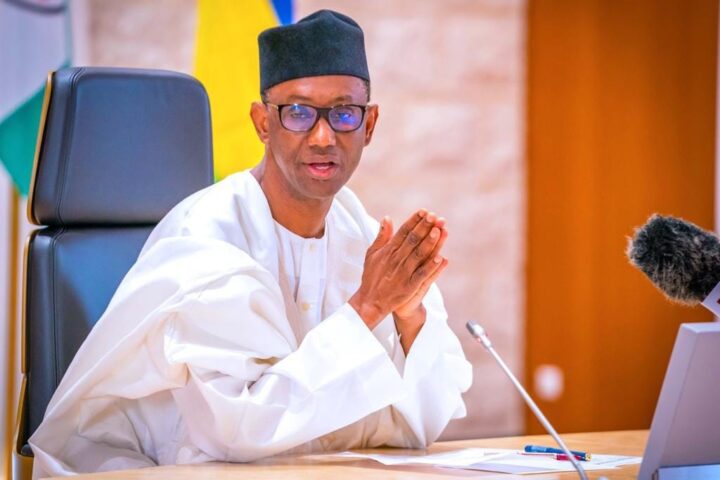Mystery as 70-year-old woman gives birth to twins through IVF
By Sabiu Abdullahi A 70-year-old Safina Namukwaya has made history in Kampala, Uganda, becoming the oldest woman in Africa to give birth to twins through in vitro fertilisation (IVF). Namukwaya,…








